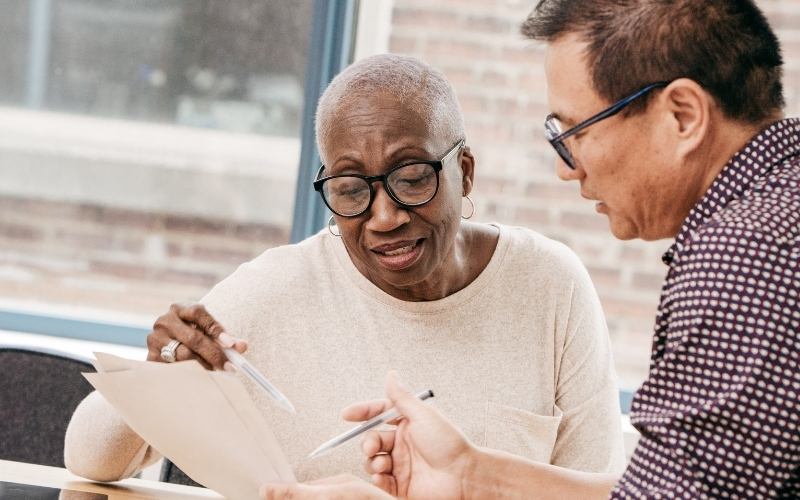Top 12 Reasons to Write a Will

A Will, (also known as a Last Will & Testament) is a legally prepared and bound document. Your Will outlines what will happen to your money, property, possessions, and investments (known as your estate) when you die.
Writing a Will is something you can put off doing, but here are twelve reasons why you should write a Will.
1. Safeguard your home
If your home is in your name, you would have to have a Will in place for this to go to your family – this won’t happen automatically.
You can leave them a share of the property in your Will, or give them the right to reside in the property.
2. Peace of mind that your family will be provided for financially
In your Will you can make plans to financially provide for your children’s and other family members’ future.
You may wish to consider setting up a trust to provide for your children, as this gives you an element of control over when your children receive the money, and what it gets used for.
There are two ways to set up a trust: you can either establish it while you are still alive or leave instructions in your Will for after your death. Which? Offer a guide about Will trusts that outlines your options, how different types of trusts work, and what they might cost.
3. Protect your partner if you're unmarried
Unmarried partners are not entitled to anything from your estate unless specifically stated in your Will.
Writing a Will ensures your partner will receive their fair share of your estate.
4. Make a Will to name your children’s guardian
When writing a Will, you don't just decide how your estate is divided up. If you have children, your Will can outline who will look after your dependents. If your children are under 18, you can also appoint their legal guardians.
If you don't include this in your Will, the decision could be left to the family courts who may choose a person you wouldn't agree with.
5. Avoid family disputes
Dividing up an estate can sadly sometimes lead to family disputes if there is no Will or your wishes aren't made clear.
A well-prepared Will can help avoid these arguments and support your family and friends to fulfill your wishes.
6. Avoid paying more inheritance tax than needed
The amount of inheritance tax that will be charged from your estate depends on how much you have, and who you leave it to when you die.
Anything left to your spouse or civil partner will be automatically exempt from inheritance tax. If you leave property to your children and grandchildren, it’s also likely to generate a lower inheritance tax bill.
7. If you're recently married
When you marry, your existing Will automatically becomes invalid in England and Wales. According to the rules of intestacy, this means your estate could be split between your new partner and children from a previous marriage (if applicable).
In Scotland it’s different, prior Wills aren’t automatically invalidated by marriage. So, if you die, your new spouse may not inherit anything if your old Will doesn’t include them.
Please note, that getting divorced does not override your Will, which means your ex-partner may still be able to inherit from your estate.
8. Decide who you would like to settle your affairs
Within your Will, you can name an executor, or multiple executors, who will oversee carrying out your final wishes.
Choosing your executor in advance allows you to choose the person best suited to the task. It also gives the executor a warning so that they can prepare themselves. Further information and advice is available from Money Helper on executors >
9. Providing for your dependents, including any stepchildren
The law states that only spouses, civil partners, or blood relatives can automatically inherit if there is no Will.
If you have stepchildren and want to provide for them you will need to include them in your Will. The same goes for foster children or any other dependents who may rely on you for support.
10. Looking after your pets
If you have dogs, cats, or any other pets, they will need to be looked after when you die.
We would advise choosing someone to look after them, and putting some money aside to feed them and cover any vet plans/bills to look after their health.
11. Protect your digital assets
Your assets might not just include money and physical goods. Digital accounts and online purchases - like Cryptocurrency, music, photographs, or websites - also form part of your possessions and could be lost after your death if you do not include them in your Will.
Things like emails and social media accounts also form part of your legacy. You can specify if you would like your executor to have the passwords for them or if you want them to be deleted/destroyed etc.
12. Support a charity
You may wish to leave a gift in your Will to a charity. As well as supporting a good cause, you could potentially reduce the amount of inheritance tax paid by your family if you leave more than 10% of your assets to a good cause.
If you would like to leave a gift in your Will to MHA, please visit our Gifts in Wills page >
Page last updated: December 2022.

